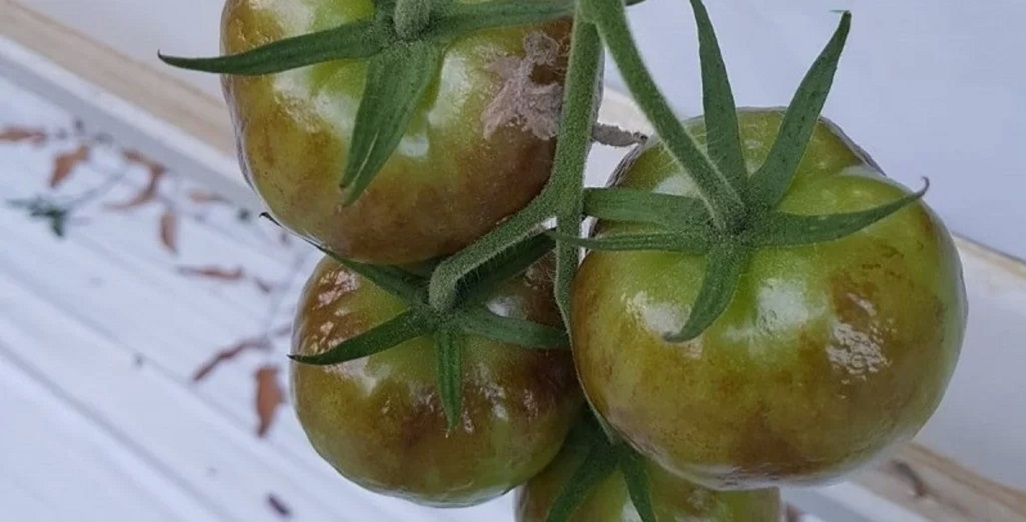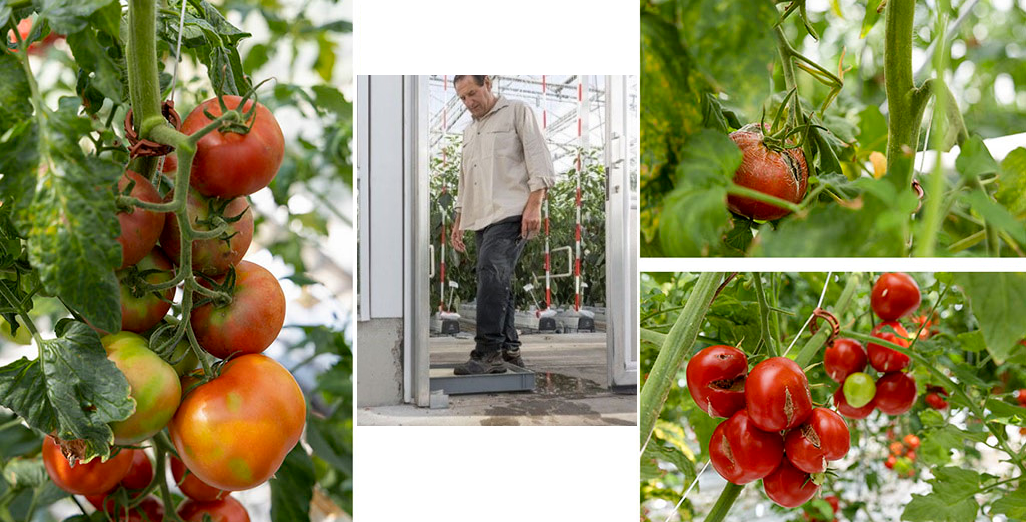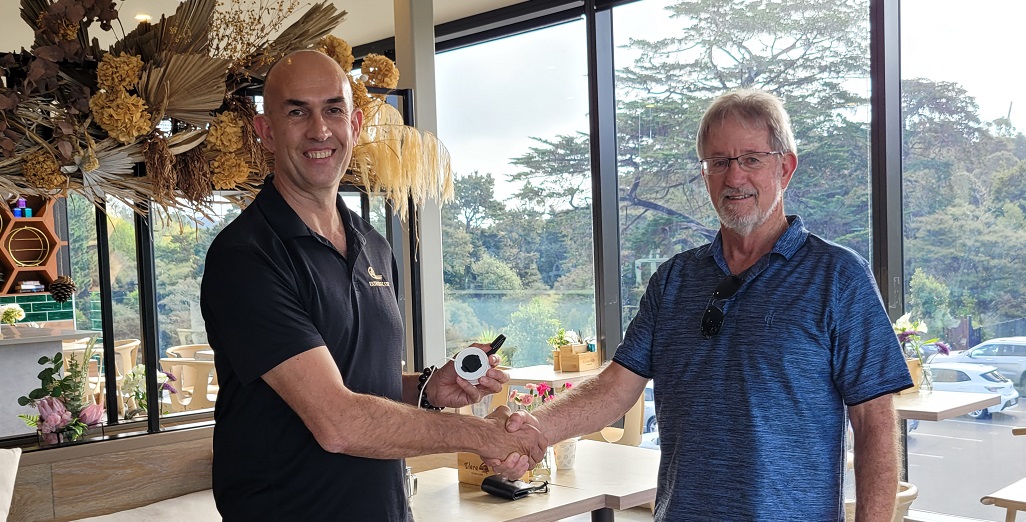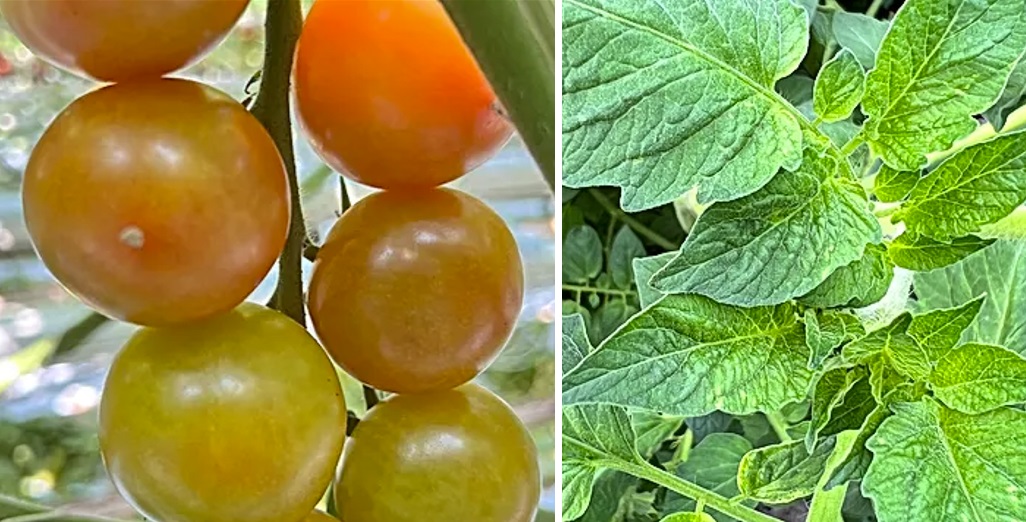Sign up here to subscribe to the Grower2grower Ezine. Every two weeks you will receive new articles, specific to the protected cropping industry, informing you of industry news and events straight to your inbox.
Dec 2020
EarthTwine for Hops

Demand for compostable twine expands beyond hothouse crops
Two years ago this month, Extrutec won the Northland Inc innovation award for creating EarthTwine, a compostable growers’ twine. Receiving the award was the confirmation we needed that compostable twine has a legitimate place in the market. The response we received from growers as we started introducing it to the market, confirmed that there was not only a demand for the product but also that growers were willing to make the commitment to alternatives that are less harmful to the environment.
EarthTwine signalled the start of a strategic shift for Extrutec. We have been doing product development in the plastics industry for years but this was the perfect opportunity to combine that product development experience with in depth knowledge of bio polymers and the desire to make a difference in the industry. Our focus has since changed to developing and manufacturing products from compostable biopolymers to meet the needs and requirements of growers, with products which can at the end of the growing season, be composted without any harmful residues remaining. What would have been a single use product otherwise, now becomes a means to add value in the perpetual production cycle in the form of soil enhancing compost.
We originally developed EarthTwine for hothouse conditions and our initial trials were completed on hothouse crops. It soon became apparent though that EarthTwine had the potential to be used on other crops and as the word spread, growers of various other crops started to contact us for information and samples to trial. We soon realised that the potential and demand for a compostable twine stretched beyond hothouse crops and so started testing several variations of our formulation to meet the demand of crops like hops, kiwifruit and even bananas. Every crop has its own specific demands and every growing system its own requirements, and also growers have their own preferences. Our approach has always been to work closely with the end users of the products we develop to ensure that it is fit for purpose and truly address a pain point or need in the industry.
Along the way we teamed up with growers of specific crops to get the inside knowledge and to do field trials. One of the expert growers we struck up a collaboration with is Brent McGlashen of MacHops. Brent is well known in the hops industry as not only an expert grower, but also an innovation champion for new products and processes to move the industry towards circular practices. After a season of testing the twine in one of Brent’s hop gardens, we now have several growers using EarthTwine in a number of hop gardens. Being able to work closely with the growers and getting first hand feedback has helped us develop a twine that is not only suitable for the conditions it is being used in but also the equipment being used with it. Specifically, we made the spools of twine to a size that made it both efficient and safe to use with stringing equipment. The twine needed to be easy to handle in the hand tying process but at the same time durable enough to withstand the inevitable abrasion it would be subjected to on the top wire. The feedback we have been receiving from the hop growers is that EarthTwine is fast and easy to use with their equipment.
Earth Twine with new hop plant
EarthTwine is visually less intrusive
The hops growers also asked us to add a colour pigment for them instead of using the original white twine. This not only helps them to distinguish our compostable twine from conventional plastic twine, but also makes the twine visually less intrusive until the hop plants can find their way to the top wire. We managed to source an organic green colour which, like all the other ingredients, will leave no harmful residues behind in the composting process. Compost is a valuable resource for any grower and it is important to us that we make the process of composting our twine safe and easy.
Collaborating with such an experienced grower as Brent gave us the opportunity to test the performance of the twine through the entire lifecycle right through to eventual composting. The regular feedback we received throughout this process has been invaluable as is having access to the type of composting facility that the growers actually use. With Brent’s help, we completed a field test in the compost pile recently. Our EarthTwine went into Brent’s compost pile on the 11th of August and when we opened it up on the 7th of October, the twine was mostly degraded, despite it being winter in the southern hemisphere with a decent chill from the snow-capped peaks in Motueka. Although these conditions are not optimal for creating compost, EarthTwine still degraded significantly in less than 60 days. The control sample of coir that went into the compost pile at the same time, showed no signs of decomposition at the time.
We believe that our compostable twine is already making a contribution to limiting the environmental impact of farm plastics and will continue to play a significant role in reaching targets to reduce plastic waste, set out by our government and international agencies such as The Ellen MacArthur Foundation. As more growers become aware of EarthTwine and join the cause to reduce the use of conventional plastic we would like to expand our range of Eco products to meet their needs; whether that be more crop specific twines, tree support and trellising, baling twine or other accessories that would benefit from being made from compostable bioplastics.
Opening the compost heap
EarthTwine composting
For more information about EarthTwine, please contact us on info@extrutec.co.nz or (09)988 9560
Cover Photo – Left (shorts) Brent McGlashen of MacHops. Right (jeans) Joe Wiid owner of Extrutec
I appreciate your comments. Please feel free to comment on the grower2grower Facebook page:
https://www.facebook.com/StefanGrower2grower/
CLASSIFIED
Subscribe to our E-Zine
More
From This Category
Vegetables by Bayer – ToBRFV Knowledge Centre

MPI – decision to temporarily suspend all Imported Australian fresh Tomatoes the correct one.

Tomato Brown Rugose Fruit Virus (ToBRFV) confirmed in Australia – what we need to know
Jasper Verhoeven – Best Hygiene Practices for Greenhouses, A Dutch perspective

We have news. Reelenz has new owners.
































